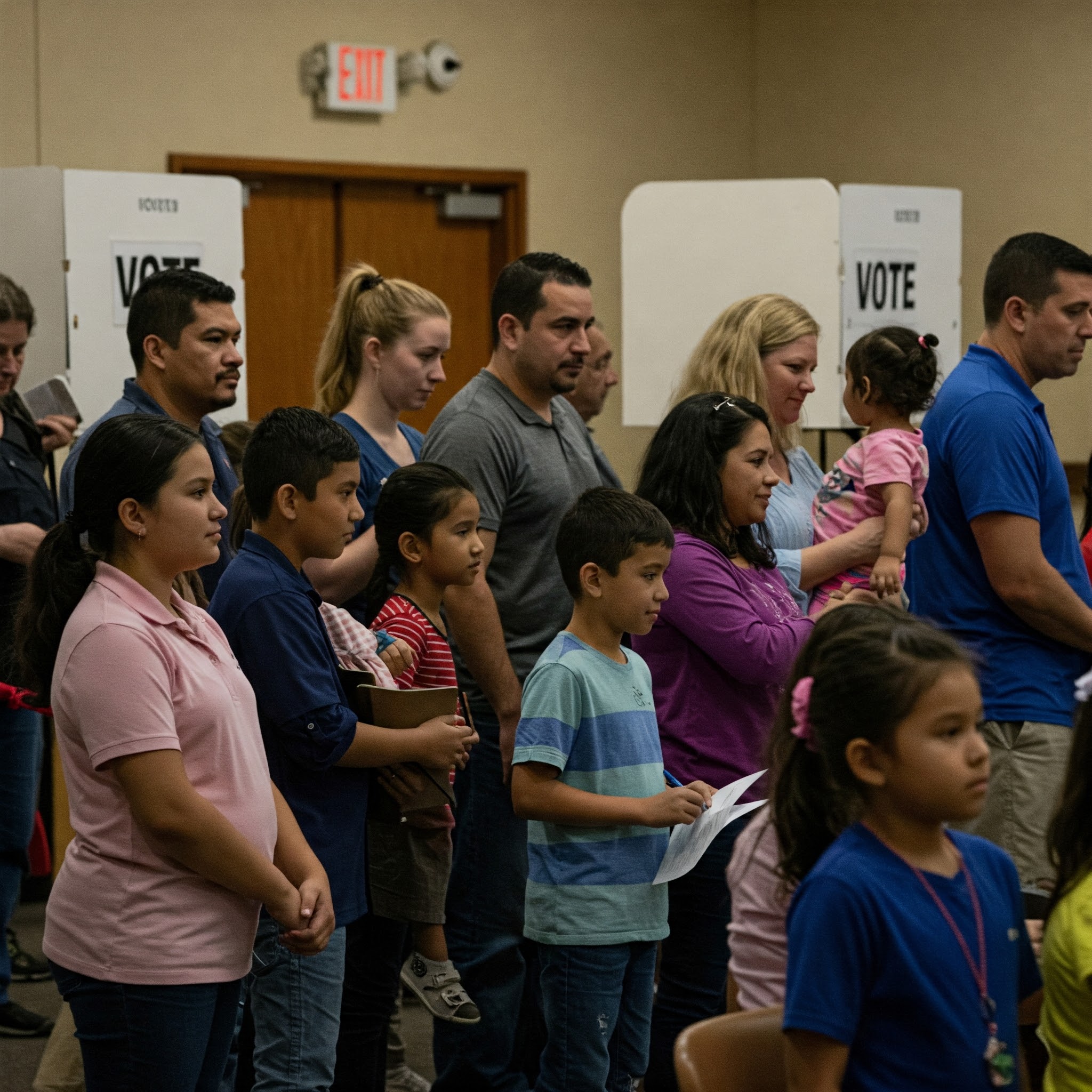Democracy is a political system where power rests with the people, either directly or through elected representatives. It typically emphasizes:
- Free and fair elections
- Political participation
- Protection of human rights
- Rule of law
- Accountability of leaders
What Exactly is Democracy?
Democracy can broadly be classified into two forms:
- Direct Democracy: Citizens actively participate in decision-making (e.g., referendums).
- Representative Democracy: Citizens elect representatives to make decisions on their behalf (most common globally).
Modern democracies often feature mixed elements of both forms, including participatory mechanisms such as public consultations and referendums, alongside representative governance.
Is Democracy Feared by Other Countries?
Democracy itself isn’t universally feared; however, certain aspects or consequences of democracy often trigger fear or resistance, particularly among non-democratic or authoritarian regimes:
- Instability Concerns: Some authoritarian governments view democracy as potentially unstable or chaotic, preferring centralized control for maintaining order.
- Threat to Power: Autocratic leaders fear democratic ideas could undermine their control or incite popular demands for reform.
- External Interference: Some countries associate democracy promotion with Western interference, imperialism, or regime change agendas.
Essentially, democracy becomes feared when it challenges entrenched political or economic interests, disrupts traditional power structures, or exposes elites to accountability.
Do Citizens Really Benefit in Democracies Compared to Non-Democracies?
There are significant benefits typically associated with democratic governance, although these benefits depend on the quality of democracy and governance effectiveness:
| Advantages of Democracies | Challenges of Democracies |
|---|---|
| Protection of individual freedoms and human rights. | Potential short-termism and populism. |
| Peaceful leadership transitions and reduced violence. | Vulnerability to polarization and gridlock. |
| Accountability and transparency in governance. | Risk of majority oppression or minority neglect. |
| Better responsiveness to citizen needs and concerns. | Influence of money and lobbyists can distort decision-making. |
On the other hand, some non-democratic states might argue they offer specific benefits:
| Advantages Claimed by Non-Democratic States | Common Drawbacks |
|---|---|
| Faster decision-making and policy implementation. | Human rights violations and repression. |
| Stability and predictability (at times). | Lack of accountability, corruption. |
| Ability to pursue long-term strategies. | Reduced individual freedoms and dissent. |
Measuring the Benefits in Practice:
Empirical evidence suggests democracies generally deliver:
- Higher levels of human development (healthcare, education, quality of life)
- Greater protection of individual rights (speech, association, religion)
- Less likelihood of internal violence or repression
But these benefits depend heavily on governance quality, institutions, culture, and historical context. Some democracies are ineffective due to corruption, weak institutions, or inequality, reducing these potential benefits.
Conversely, some authoritarian or semi-authoritarian regimes have produced rapid economic growth (e.g., China, Singapore), at least temporarily benefiting citizens economically, but often at a significant human rights cost.
Is Democracy Always Better?
No political system is inherently perfect or universally superior in every situation. Democracy tends to best protect individual freedoms, promote accountability, and offer resilience against oppression. However, democratic systems can be compromised or undermined from within, reducing their effectiveness or legitimacy.
A well-functioning democracy offers significant advantages in protecting rights, responding to public demands, and promoting overall human flourishing. However, it requires continuous vigilance, citizen engagement, accountability, and strong institutions to remain effective and truly beneficial.
Conclusion
Democracy, despite its imperfections, generally offers greater benefits to citizens by ensuring accountability, protecting freedoms, and responding to public needs compared to authoritarian alternatives. However, democracy is not guaranteed—it can erode, especially when institutions are weakened, accountability diminishes, or freedoms are curtailed. Recent examples illustrate how fragile democracy can become, such as the Canadian government’s response to the trucker protests, where citizens faced unprecedented measures, including frozen bank accounts, arrests, and the suspension of their right to peaceful protest.
Similarly, democratic backsliding can manifest in elected leaders acting increasingly authoritarian, as seen with figures like Donald Trump, whose disregard for democratic norms and institutions, such as refusing to accept electoral outcomes or attempting to consolidate power beyond constitutional limits, resembles the behavior of a monarch rather than a democratically elected official.
To protect democracy, citizens must remain vigilant, informed, and actively involved in their civic duties. This includes defending free speech, safeguarding the right to protest peacefully, demanding transparency and accountability from elected officials, and reinforcing robust, independent institutions. Democracy thrives only when its citizens actively participate, question authority responsibly, and uphold the principles that protect their collective freedom and rights.

